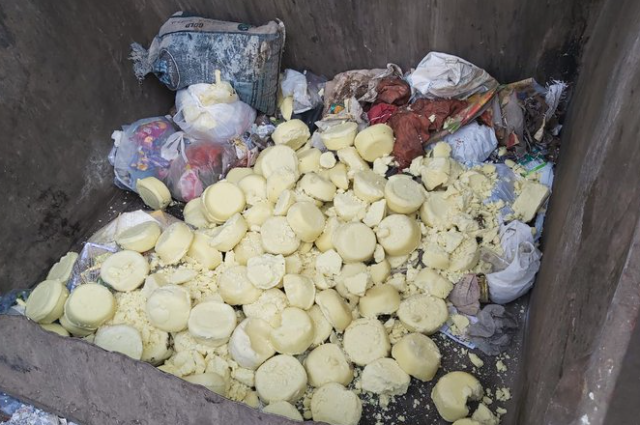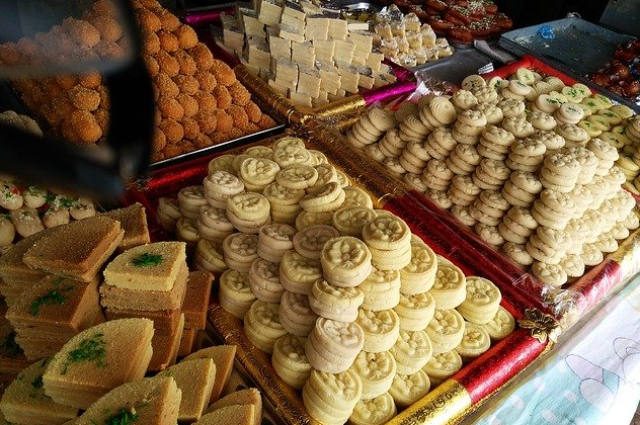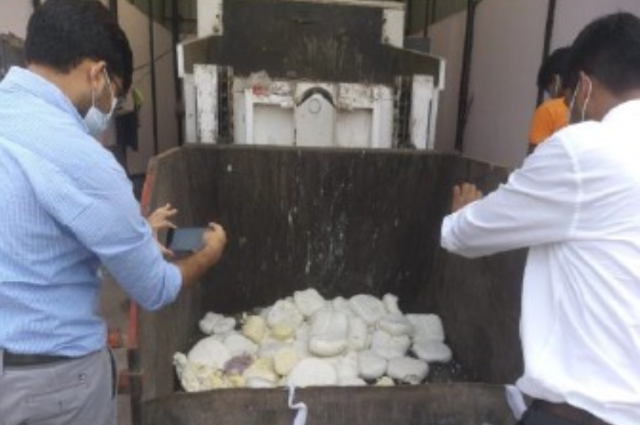
Diwali is the festival of celebration, lights, and a lot of authentic mouth-watering food items. These delicious food products enhance the beauty of this festival, but the amount of adulteration in the food nowadays disgraces the festive vibes. Food products are considered to be adulterated if their quality is affected by substances that are injurious to health. This adulterated food is risky because it may be toxic and can severely affect health. The worst part is some adulterated food even causes various life-threatening diseases. To prevent the trading of adulterated food in the market, the Food and Drug Administration (FDA) has been operating more actively during these festive times of Diwali.

Image by saumendra from Pixabay
Earlier this month, the FDA stated that about 11 sweet shops in Nagpur were found to violate the FDA guidelines of food safety. In another incident, FDA inspected seven oil manufacturing units and seized around 15,000 liters of defective oil worth Rs 2 to 5 Lakhs. Last month, the Food Safety Department of Delhi had also seized 700 kg of foul khoya from the different parts of the Delhi wholesale market.

According to regulations of the FDA,
“If any food samples are found insecure and detrimental to health, imprisonment of up to 3 months and a fine will be charged. And if it is found below the standard, the Adjudicating Officer can charge the fine of Rs 2 to 5 lakhs”
FDI has confirmed that adulteration in sweets and milk items is at higher rates during this Diwali season. And other than artificial milk, synthetic khoya, unhygienic handling of sweets, the most common adulteration is utilizing unsafe food colors. And during such festivities, when adulterated food and sweets are dominating the market, FDA is extending its operations against adulterated food products.
. . .
Reference:
